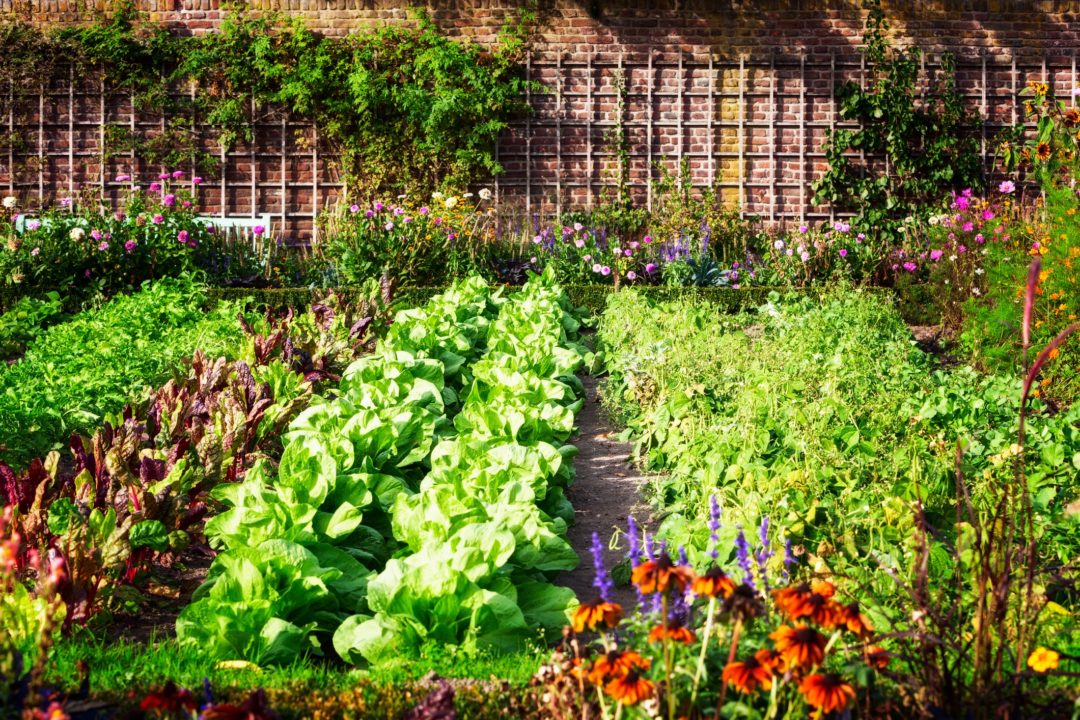- The rise of sustainable foods. Amarjit Sahota, founder of Ecovia Intelligence, which organized the event, reported that organic is the dominant ethical label, with sales surpassing $100 billion in 2018. The concern, according to Sahota: The proliferating number of ethical labeling schemes could dampen consumer demand.
- Addressing economic risks of climate change. Tobias Bandel, co-founder of Soil & More, discussed the impact of climate change on soil fertility and crop yields and called for farmers to reduce economic risks by building farm-system resilience via crop rotation & diversity, green manure & crops, and biomass recycling.
- Minimizing food waste. An estimated one third of all food produced is going to waste, according to a release on the report from Ecovia. Planet Organic's Al Overton talked about how the retail chain has attained zero waste (edible food) status. Planet Organic's efforts include donating surplus food--in 2018, Planet Organic donated 11 tonnes of food from its seven stores, helping to provide 55,000 meals to people in need.
- Adding social value in supply chains. Another highlight reported by Ecovia: Julia Gause from FairAfric noted that sustainability schemes have improved farmer conditions, but have done little to improve poverty levels. FairAfric, which is working to "de-colonize" supply chains for chocolate by producing in Ghana, says making organic chocolate in the West African country generates five times higher income for producers than sourcing cocoa alone.
- Meeting the surging demand for plant proteins. Heather Mills, founder of V-Bites, gave the closing keynote. She noted that the food industry is at the cusp of a plant-based revolution (Ecovia shared that the global market for plant-based foods is projected to reach $5.2 billion in 2020), and said such foods provide solutions to sustainability problems in the food industry. For its part, V-Bites is increasing up production in order to meet growing demand. Also focusing on plant-based, research from the flavor experts at Givaudan shows that 52% of consumers stay in the plant-based category because of taste. Givaudan's advice for for companies: Take a targeted approach when developing products for the diverse consumer groups that now consume plant-based foods.
- Staying current on the tech advances are changing the face of retail. IGD's Toby Pickard discussed the implications of digital trends on the grocery industry, showing how retailers are having to adapt their physical stores and provide new delivery mechanisms. The future, Ecovia reported, maybe with staff-less stores, drone deliveries (JD.com), and direct-to-fridge deliveries (Walmart).
- Innovations in green packaging materials. There is growing investment into sustainable packaging materials, Ecovia reported, adding that new plastic alternatives were presented at the summit. Agrana offers thermoplastic starch from plant sugars that can be used to make compostable packaging for fruits and veggies; VPZ takes cellulose from wood to make PackNatur, which is used in net packaging; Futamura makes cellulose-based biopolymers to compostable NatureFlex, used in a range of food and beverage products. Stressing the need for plastic-free options, Frankie Gillard from A Plastic Planet shared that over 6.3 billion tonnes of plastic waste has been produced since the 1950s and only 9% has been recycled. A Plastic Planet encourages retailers to develop plastic-free aisles.
Related: Diana Food Recognized at 2019 Sustainable Food Awards Global Organic Food Industry Undergoing Consolidation Cargill Launches BeefUp Sustainability Initiative Ardent Mills Releases Annual Sustainability Report
Next up for the Sustainable Foods Summit:The Latin American edition in São Paulo in November 2019; the North American edition in San Francisco in January 2020; and the Asia-Pacific edition in Singapore in March 2020. Get details here.










